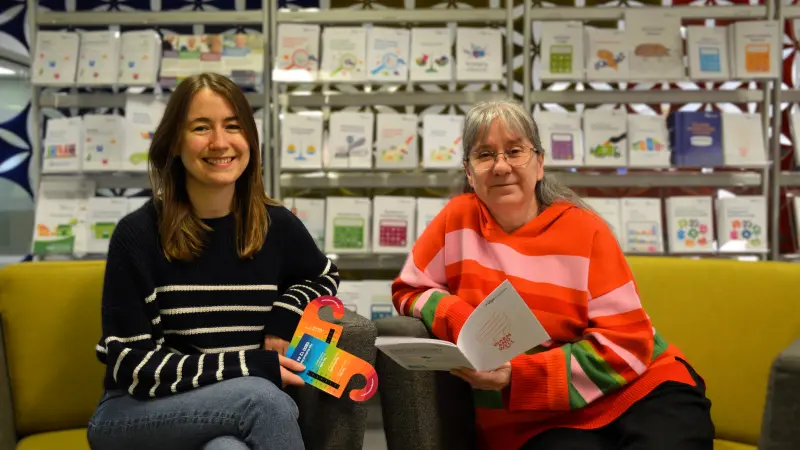Blog: Power of Attorney Day
How many decisions do you make each day?
From deciding whether to get up immediately or stay in bed a little longer, to thinking about what to wear and what we’d like for breakfast, we might make several decisions before we even get out of bed.
In fact, scientists don’t know the actual number of decisions we make in a day, but estimates range from a couple of hundred to several thousand!
We can’t control everything, but being able to make our own decisions means that we can live our lives, and navigate around life’s obstacles, in the way that suits us best. For most of us, this will always be the case.
But what if we became ill or had an accident, and were no longer able to make those decisions? How could we be sure that someone we trust knows our wishes and opinions well, and has the legal right to make decisions for us?
Thursday 29 September is National Power of Attorney Day – a day aimed at raising awareness of Powers of Attorney, and what they may mean to you.
Put simply, a Power of Attorney is a legal document that allows someone (or more than one person) to make personal and/or financial decisions on your behalf if you are no longer able to. It ensures your choices will be respected and your opinions still heard, even if you cannot express them yourself. These decisions could include where you live, what medical treatment you receive and what happens to your home if you go into a care home – major life decisions that you would almost certainly like a say in!
There are many reasons why people put off setting up Powers of Attorney.
Sometimes it is because they are in good health, and don’t want to think about a time they may not be. However, illness rarely comes with a warning, and accident even less so. If you were to lose the capacity to make your own decisions, your next-of-kin has no automatic right to make them for you. Someone (not necessarily the person you would have chosen) would need to apply to the court for a ‘Guardianship Order’ so they can act on your behalf - a time-consuming and costly process.
Some people worry that they are giving up control, and decisions will be taken out of their hands, but the opposite is in fact true. You choose whom to grant the powers to, how decisions should be made, and for financial powers, when this should begin. Medical and care decisions can only be made for you if you are no longer able to make them for yourself, and there are laws in place to make sure all decisions are in your best interests.
Understandably, some people are concerned about the cost, particularly at the moment. If you have modest income and savings, you may qualify for Legal Aid, and there are fee exemptions for people who receive Pension Credit and certain other benefits.
Age Scotland has produced a detailed but straightforward guide to Power of Attorney in Scotland, with advice for anyone who is considering granting powers, or is acting as an attorney for someone. You can read the guide online at www.ageuk.org.uk/scotland/information-advice/legal-and-family-issues/power-of-attorney, or call our helpline on 0800 12 44 222 and we will send you a copy.


